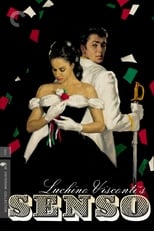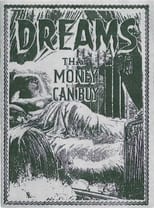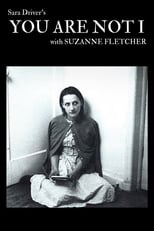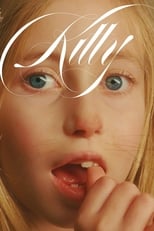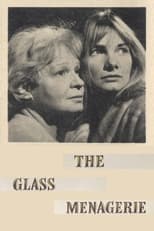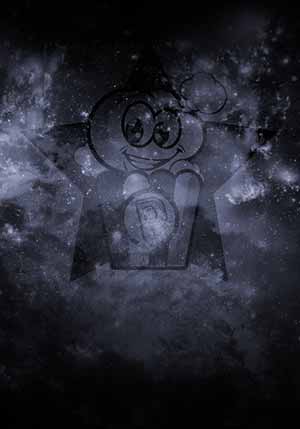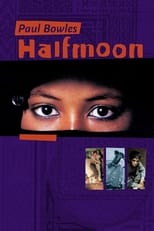Paul Bowles
¿Quién es Paul Bowles?
Following a cultured middle-class upbringing in New York City, during which he displayed a talent for music and writing, Bowles pursued his education at the University of Virginia before making several trips to Paris in the 1930s. He studied music with Aaron Copland, and in New York wrote music for theatrical productions, as well as other compositions. He achieved critical and popular success with his first novel The Sheltering Sky (1949), set in French North Africa, which he had visited in 1931.
In 1947, Bowles settled in Tangier, at that time in the Tangier International Zone, and his wife Jane Bowles followed in 1948. Except for winters spent in Ceylon during the early 1950s, Tangier was Bowles's home for the remainder of his life. He came to symbolize American immigrants in the city.
Bowles died in 1999 at the age of 88. His ashes are buried near family graves in Lakemont Cemetery, in upstate New York.
Paul Bowles was born in Jamaica, Queens, New York City, as the only child of Rena (née Winnewisser) and Claude Dietz Bowles, a dentist. His childhood was materially comfortable, but his father was a cold and domineering parent, opposed to any form of play or entertainment, and feared by both his son and wife. According to family legend, Claude had tried to kill his newborn son by leaving him exposed on a window-ledge during a snowstorm. The story may not be true, but Bowles believed it was and that it encapsulated his relationship with his father. Warmth in his childhood was provided by his mother, who read Nathaniel Hawthorne and Edgar Allan Poe to him – it was to the latter that he later attributed his own desire to write stories, such as "The Delicate Prey", "A Distant Episode", and "Pages from Cold Point".
Bowles could read at age 3 and was writing stories by age 4. Soon, he wrote surrealistic poetry and music. In 1922, at age 11, he bought his first book of poetry, Arthur Waley's A Hundred and Seventy Chinese Poems. At age 17, he had a poem, "Spire Song", accepted for publication in the literary journal transition. This Paris-based publication served as a forum for leading proponents of modernism – Djuna Barnes, James Joyce, Paul Éluard, Gertrude Stein and others. Bowles's interest in music also dated from his childhood, when his father bought a phonograph and classical records. (Bowles was interested in jazz, but such records were forbidden by his father.) His family bought a piano, and the young Bowles studied musical theory, singing, and piano. When he was 15, he attended a performance of Stravinsky's The Firebird at Carnegie Hall, which made a profound impression: "Hearing The Firebird made me determined to continue improvising on the piano when my father was out of the house, and to notate my own music with an increasing degree of knowing that I had happened upon a new and exciting mode of expression." ...
Source: Article "Paul Bowles" from Wikipedia in English, licensed under CC-BY-SA 3.0.
Trabajos destacados
Géneros más habituales en las películas de Paul Bowles
Géneros más habituales en las series de Paul Bowles
Compañeros de trabajo recientes de Paul Bowles
Las imágenes y retratos de actores o actrices mostrados en este sitio web son obtenidos de la base de datos de The Movie Database (TMDB). En el caso de que alguna imagen o fotografía sea incorrecta, ofensiva o infrinja derechos de imagen, puede ser editada o eliminada de TMDB, lo que resultará en su eliminación correspondiente en este sitio. En última instancia, los usuarios también pueden utilizar el formulario de contacto ubicado al pie de la página para solicitar la corrección o eliminación de cualquier contenido.
The images and portraits of actors or actresses displayed on this website are sourced from The Movie Database (TMDB). In the event that any image or photograph is incorrect, offensive, or violates image rights, it can be edited or removed from TMDB, subsequently ceasing its display on this site. As a final recourse, users may also utilize the contact form located at the bottom of the page to request the correction or removal of any content.

